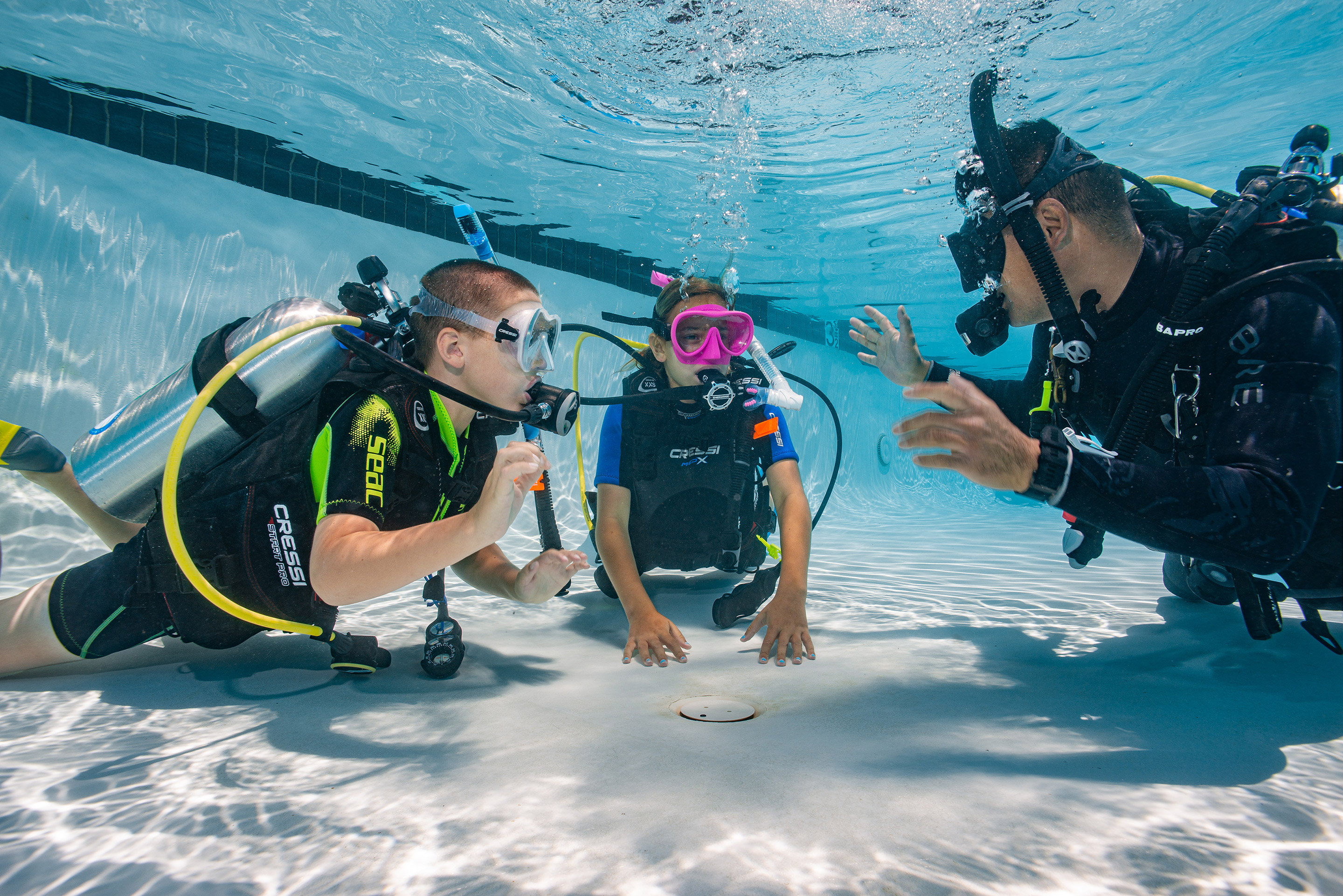In a field as dynamic as resuscitation, staying current is not a luxury for your staff – it’s a necessity. The ongoing review of medical knowledge, new technologies, updated clinical guidelines and global health events all demonstrate the importance of EFR® Instructors staying up to date.
Each year, first aid recommendations are reviewed to ensure they reflect the best available knowledge. While changes for lay first aiders are generally minimal, periodic updates help clarify practices or introduce small improvements. Staying informed helps avoid teaching outdated techniques and ensures that lay responder care remains aligned with current protocols.
Regional Resuscitation Councils: Readily Available Resources
As an EFR Instructor, being a member of your regional resuscitation council provides valuable access to reliable, up-to-date resources, such as scientific publications, updated protocols, webinars and peer discussions. These networks foster continuous learning and professional dialogue. While they don’t authorize an instructor to make changes to how standardized courses such as the Emergency First Response® (EFR) suite of courses are taught, they can enhance an instructor’s broader understanding and support ongoing professional development. (Ask your local EFR representative for any councils in your area.)
Webinars and Conferences: The Digital Revolution Empowering Knowledge
The COVID-19 pandemic – and, more broadly, the rise of digital tools – has significantly expanded access to remote learning via the Internet. Today, webinars and hybrid conferences enable emergency responders and EFR Instructors to follow presentations by internationally recognized experts from anywhere in the world.
While online learning is valuable for staying informed and engaging in ongoing professional development, it’s important to remember that rescue skills are motor skills, so EFR courses must be conducted in person both for developing student skills and to assess them. For the purposes of first aid competency, PADI (for example) only accepts equivalent first-aid certifications from providers whose courses are delivered face to face. Webinars may enhance knowledge, but they are not a substitute for the practical, hands-on instruction required in first aid training.
A Successful Example of Updating Skills?
There is a commitment to continuous professional development in the EFR environment reflected in the annual EFR Instructor Update, written and recorded to keep instructors current with best practices, teaching techniques and regulatory changes. Instructors looking to expand their continuing professional development can also explore EFR-authored distinctive specialties, such as Mental Health Awareness, Airborne Pathogen Awareness and Manual Handling. These resources emphasize EFR’s proactive role in keeping instructional quality high and aligned with evolving needs.
Shared Responsibility, Collective Benefit
Ongoing training plays an important role in maintaining confidence and readiness, both for Emergency Responders and EFR Instructors. EFR Instructors play a vital role by delivering essential layperson first responder training. Regular instructor updates – like the annual EFR Instructor Update – help reinforce this foundation. Ultimately, better-prepared instructors lead to better-prepared Emergency First Responders, which benefits everyone in a real emergency.



